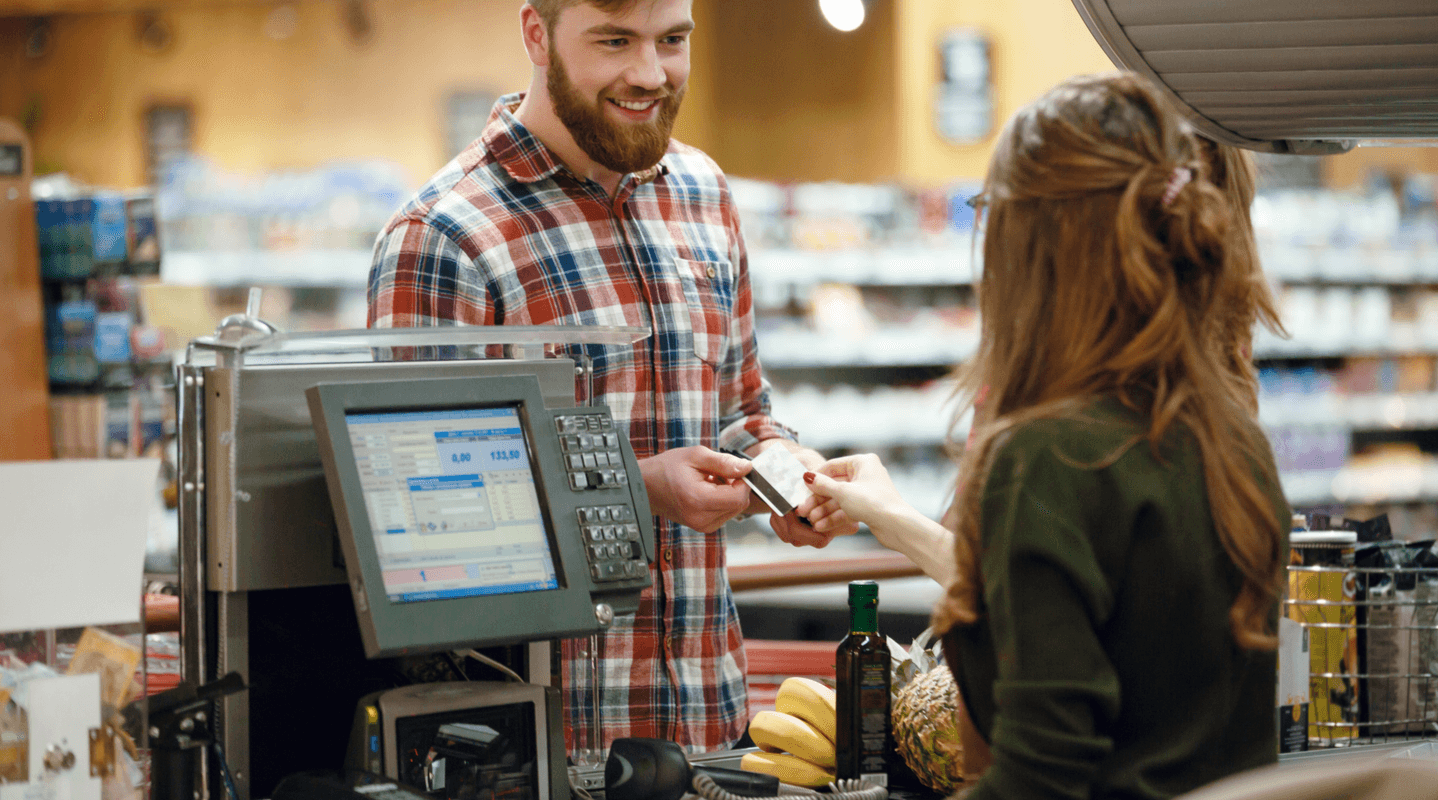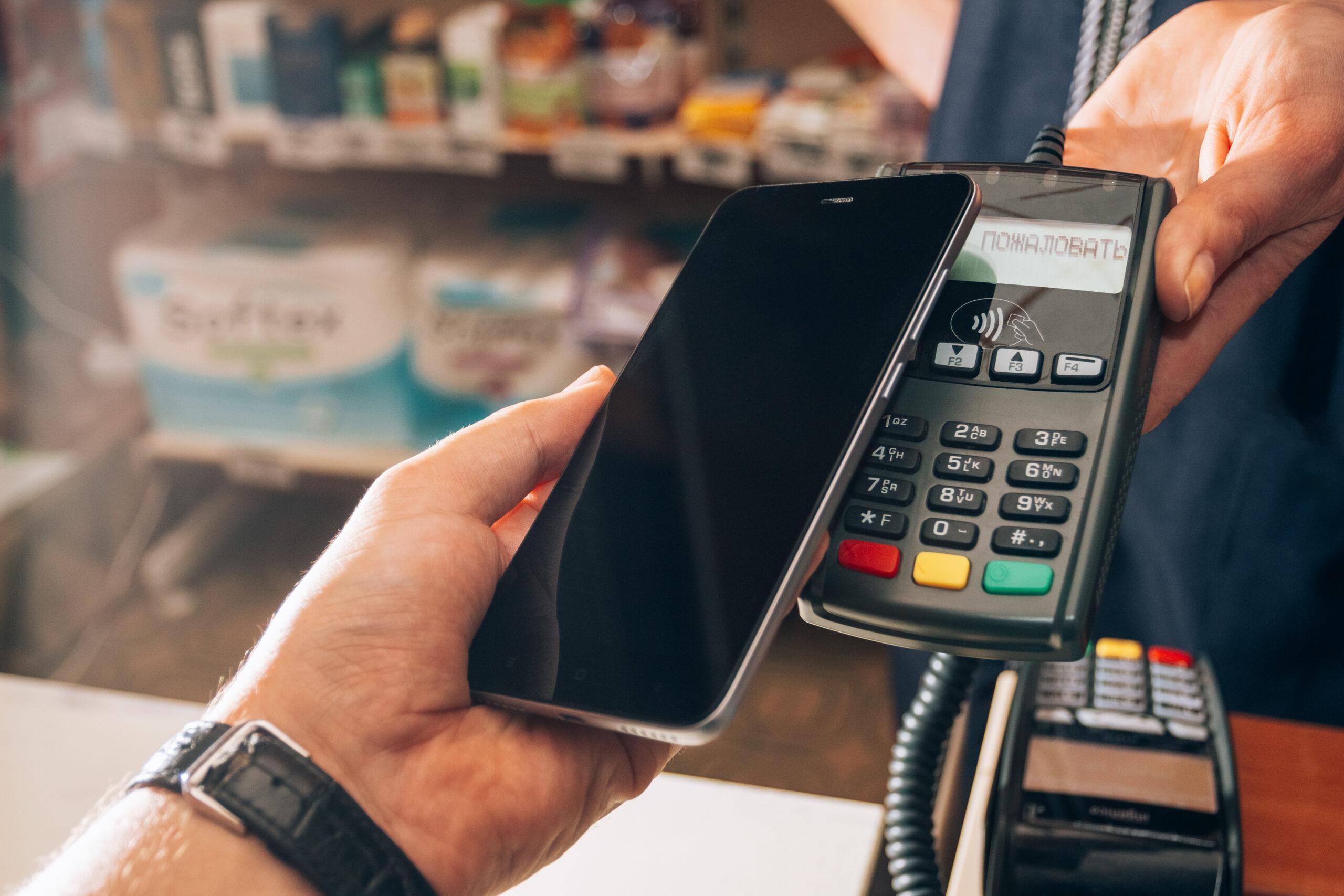MENU
Starting a Business
- Best Small Business Loans
- Best Business Internet Service
- Best Online Payroll Service
- Best Business Phone Systems
Our Top Picks
- OnPay Payroll Review
- ADP Payroll Review
- Ooma Office Review
- RingCentral Review
Our In-Depth Reviews
Finance
- Best Accounting Software
- Best Merchant Services Providers
- Best Credit Card Processors
- Best Mobile Credit Card Processors
Our Top Picks
- Clover Review
- Merchant One Review
- QuickBooks Online Review
- Xero Accounting Review
Our In-Depth Reviews
- Accounting
- Finances
- Financial Solutions
- Funding
Explore More
Human Resources
- Best Human Resources Outsourcing Services
- Best Time and Attendance Software
- Best PEO Services
- Best Business Employee Retirement Plans
Our Top Picks
- Bambee Review
- Rippling HR Software Review
- TriNet Review
- Gusto Payroll Review
Our In-Depth Reviews
- Employees
- HR Solutions
- Hiring
- Managing
Explore More
Marketing and Sales
- Best Text Message Marketing Services
- Best CRM Software
- Best Email Marketing Services
- Best Website Builders
Our Top Picks
- Textedly Review
- Salesforce Review
- EZ Texting Review
- Textline Review
Our In-Depth Reviews
Technology
- Best GPS Fleet Management Software
- Best POS Systems
- Best Employee Monitoring Software
- Best Document Management Software
Our Top Picks
- Verizon Connect Fleet GPS Review
- Zoom Review
- Samsara Review
- Zoho CRM Review
Our In-Depth Reviews
Business Basics
- 4 Simple Steps to Valuing Your Small Business
- How to Write a Business Growth Plan
- 12 Business Skills You Need to Master
- How to Start a One-Person Business
Our Top Picks
What Is Private Labeling and How Does It Work?

Table of Contents
If your company is considering selling products under its name or adding new products to its current lineup, private labeling may be a good option for you. Private labeling allows you to outsource the manufacturing, sourcing, importing, shipping and other aspects of the supply chain to another company. Private labeling can help you gain access to the whole supply chain without requiring you to build your own networks. Before you move forward with private labeling, however, it is important to learn more about how it works, as well as its advantages and disadvantages.
What is private labeling?
Private labeling allows brands to outsource product sourcing and manufacturing to a third party. With private labeling, you apply the brand to the packaging only when it is time to sell the product. Although many consumers are unaware of the prevalence of this practice, it is common in today’s shopping environment.
For instance, if you’ve been to Costco, you may be familiar with the Kirkland brand, which includes items ranging from clothes to food. Kirkland Signature generates about one-quarter of Costco Wholesale’s sales and is known as a private-label brand. Amazon also has private-label brands you might never have realized existed.
According to the Private Label Manufacturers Association, “Store brands accounted for nearly 30 percent of all new dollar sales flowing into the U.S. retailing industry last year.”
Private labeling is a great way for businesses to get their products into people’s hands, said Sara Nesbitt, CEO of Coastal Carolina Soap Co.
“For the business carrying these products, private labeling allows them to sell products they have no way of manufacturing themselves with their unique brand on them,” Nesbitt said.
Private labeling can also describe the practice of taking an ingredient or component supplied and produced by a secondary company and using it to benefit another brand’s product, often without explicit attribution, said Rob Terenzi, co-founder of Vega Coffee.
Private labeling is the practice of applying a brand to a product that’s made by another company.
How does private labeling work?
Private-label manufacturers secure deals with individuals or brands to sell their products under the manufacturer’s name with no attribution. The products can be sold independently or in support of other products.
For example, Vega Coffee is purchased by ice cream manufacturers as an ingredient and by other coffee brands to be sold in their marketing and packaging materials. Even though the brand doesn’t receive recognition, it experiences increased sales volume, helping it lower costs across consumer-facing product lines and paying its farmers for their contributions, Terenzi said.
He added that this is a mutually beneficial agreement as the distributing business can leverage the social impact of Vega Coffee. “In other words, while XYZ brand of coffee may not mention Vega Coffee in their marketing, they will say that their coffee benefits farmers in Latin America, thereby driving more sales through their built-in audience.”
Private labeling works best for products that improve the value of other products, such as Vega Coffee does for its ice cream manufacturer.
If you want to start selling a recent product but have no prior experience, private labeling is a great way to start. Consumers will be more willing to purchase your merchandise through larger manufacturers than through a business that has made no previous transactions. However, your product must be able to sell itself without special promotions or brand advertising.
If you’re looking to build your brand, don’t rely on private labeling as you will not be credited for your products. The technique is better suited for individuals looking to experiment with production rather than building a well-known and respected business.
Advantages of private labeling
There are both advantages and disadvantages of private labeling for products that are developed and sold by the company that produces them. The advantages of private labeling may include the following:
- Loyalty: The key to long-term business success is building a loyal customer base. Branding through private labeling is a great way to build loyalty from customers who like your products. With limited accessibility, customers become attached to your brand, allowing them to feel as though they are among a select few that own it that, ultimately, increases loyalty and sales among your customer base.
- High margins: Brands with private labeling usually have higher profit margins than resale products do because it is generally cheaper to make your own products than it is to buy premade products, especially if the development and marketing of the products are high quality.
- Wholesale income: In addition to exclusively selling your product, you may consider operating as a wholesaler for your brand and offering limited access to other retailers that pay a premium acquisition cost for the right to carry your brand. This will generate additional income and spread your brand awareness and exposure.
- Exclusivity: Private labeling allows you to separate yourself from your competitors. One of the best things about private labels is that in many cases, you have the exclusive right to sell the product. Good marketing will create demand for the product, which benefits you because your company is the only source of the product. [See our guide to creating a business marketing plan.]
You may be able to secure exclusivity for the product, depending on your sector and your arrangement with the brand.
Disadvantages of private labeling
There are some disadvantages of private labeling, but by planning ahead, you can usually avoid them.
Disadvantages of private labeling may include the following:
- Minimum orders: Most manufacturers have a basic requirement of minimum orders when you want them to produce customized products for your private labeling. Unfortunately, in many situations, the minimum order is much larger than what you would otherwise order.
- Dead inventory: Some retailers make the mistake of ordering a line of privately labeled products without knowing whether their customers will like the product. This can leave you with a lot of unsold inventory.
- Customer perception: It is common for people to trust a brand they have used for a long time as opposed to a little-known private-label brand. For this reason, do your research on customer preference before investing in private-label products.
Choosing the right private-label manufacturer
Before choosing a manufacturer, you should research your target customers so you’re familiar with their purchasing patterns and can form the best proposal for potential private-label brands. Attend networking events, trade shows and other events to improve your products, make contacts and gauge competition. You might also consider patenting your idea to prevent competitors from creating similar products.
Many companies or individuals choose Amazon as their private-label manufacturer, but you should also consider manufacturers specific to your products. For instance, Vega Coffee secured deals with ice cream manufacturers and other coffee brands rather than turning to a broad marketplace.
The Private Label Manufacturers Association hosts trade shows where you can find potential partners. Of course, you can find other options through a simple internet search.
Popular private-label manufacturers
- Alibaba: The mega-website has made it much easier to source products outside the U.S. The comprehensive directory connects brands to manufacturers that can create the products they want. It covers a wide range of categories, including electronics, lighting, cookware and personal care products.
- Wholesale2b: This online company offers a directory of top dropshipping suppliers. Dropshipping is when the manufacturer handles product shipping, thereby eliminating your need to obtain warehouse space to store your goods and hire employees to complete the shipping process.
- Worldwide Brands: Founded in 1999, Worldwide Brands conducts research on third-party manufacturers and provides their information to subscribers. This directory can help you decide which private-label manufacturer is best for your needs.
Private label product sales grew 8.2 percent during 2023 compared to the same six-month period the previous year, according to Supermarket News.
Private labeling FAQs
Nearly any product that is manufactured in bulk and is not protected by a patent can be private-labeled. Some examples include gaming chairs and headsets, home goods, clothing and consumer packaged goods, such as laundry detergent, processed food and beauty products.
Costco’s Kirkland Signature brand is one of the most well-known private brands. Likewise, Walmart’s private brand, Great Value, is popular because the company is such a huge retailer. Publix, a supermarket chain primarily in the southeastern United States, has two private label brands: the more generic-sounding Publix brand and its upscale private brand, GreenWise.
Target has more than 45 different private labels in various product categories, including A New Day women’s apparel and accessories, All in Motion activewear, Boots & Barkley pet products, Casaluna bedding and Figment kitchenware.
Private label products are offered to consumers as cheaper alternatives to name-brand products. While the stores have similar manufacturing, packaging and ingredient costs as name brands, they spend less marketing dollars. That allows them to undercut the name brands on price. This makes sales of private label products much more profitable for the retailer and captures the sales of consumers for whom the name brand is too expensive. Customers are more likely to buy the private label product than the higher-priced, brand-name product, especially when economic downturns happen.
White labeling is when a manufacturer agrees to sell a product and package and label it under a different brand name according to the buyer’s specifications. Sometimes, a manufacturer has its own brand name that it produces and sells but also offers the same product marketed under different brand names. For example, Costco’s Kirkland white albacore tuna is processed and packaged by Bumble Bee and its Kirkland batteries are made by Duracell.
Jennifer Dublino contributed to this article. Source interviews were conducted for a previous version of this article.












